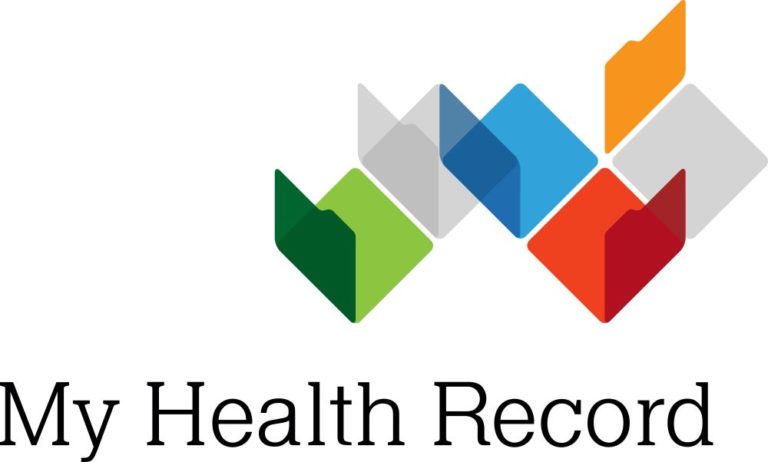[vc_row][vc_column][vc_column_text]Senator and former NSW Premier Kristina Keneally has been a strong advocate for removing the stigma around stillbirth, having paid tribute to her stillborn daughter, Caroline, in her maiden speech before the Senate earlier this year. Senator Kenneally, who had been a driving force behind the inquiry, was given another opportunity to discuss the issue this week in the Senate as the Select Committee on Stillbirth Research and Education tabled its long-awaited report. Most significantly, the report brought to light the reality that six babies are stillborn daily in Australia. According to Senator Kenneally, part of the high rate has been an apprehension on the part of the public to discuss and share their experiences and insights of a particularly traumatic event in the life of parents and families. In Senator Kenneally’s words: “we have considered stillbirth too sad to talk about.”
When the report was handed down in the Senate, Senator Keneally was moved to tears as it became apparent that stillbirth was now part of a conversation leading to better health outcomes, better emotional support and better community awareness. She took the moment to recognise the names of the children who had been lost and the bravery of their parents who had shared their personal experience of stillbirth with the inquiry. Poignantly, Senator Keneally highlighted that the report would be “part of their legacy”. In tabling the report, Northern Territory Senator Malarndirri McCarthy also took the opportunity to acknowledge the work of Senator Keneally in bringing the issue to the public’s attention.
The report found that 1 in every 137 women who reached 20 weeks of pregnancy would experience a stillbirth, a striking figure that Senator Kenneally argued was “significantly higher than in similar nations such as New Zealand, the UK, the Netherlands and the Scandinavian countries.” In fact, the Australian rate of stillbirths is more than a third higher than other OECD countries with the best birth outcomes.
Following an eight-month investigation, 268 submissions and six public hearings, the inquiry also heard about the trauma that continues outside of the hospital – with stories of women being made redundant from their jobs and other parents being told they were no longer entitled to paid parental leave.
The report made recommendations in three key areas: prevention, investigation and support. Critical activities in these areas will involve national education campaigns, continuity of care models, training for clinicians, changes to parental leave schemes and further investigation into stillbirths at the postmortem stage.
Health Minister the Hon Greg Hunt MP responded to the report with the announcement of a national roundtable – as well as an initial commitments of $7 million to medical research and education programs.[/vc_column_text][/vc_column][/vc_row]




